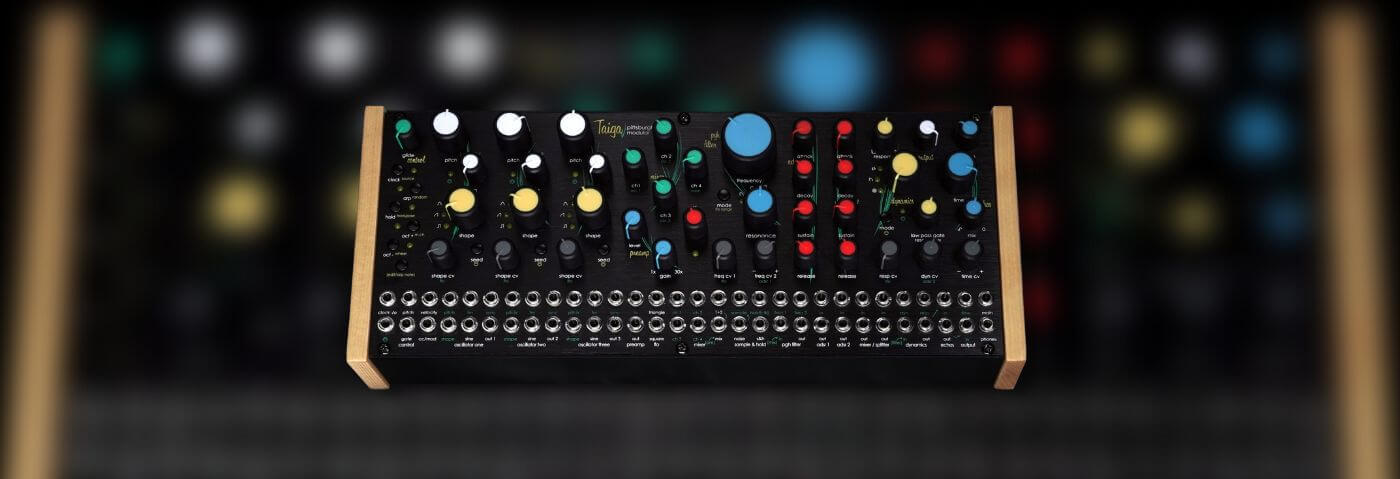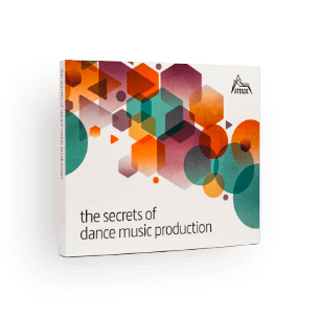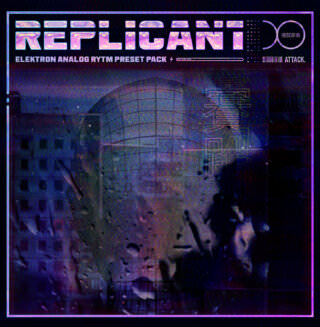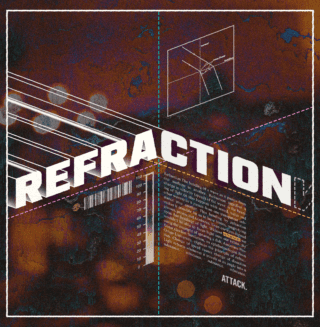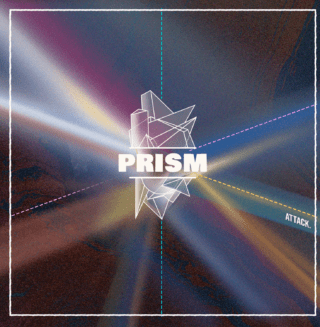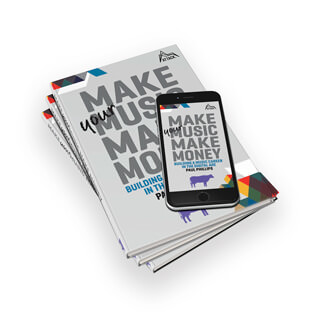Pittsburgh Modular has released Taiga, a semi-modular paraphonic synthesizer taking inspiration from both East and West coast synthesis styles.
Taiga is able to function as a powerful stand-alone instrument or with its 60+ patch points can easily fit into a larger euro-rack setup. As a semi-modular synth, Taiga is able to be played without any patching, however, you can use the patch bay to create entirely new signal paths.
Oscillators and Filter
Taiga features three analogue oscillators with sine, triangle, sawtooth, and pulse waveforms. Using these waveforms you are able to create a broad range of classic analogue synth tones, however, this is only scratching the surface of Taiga. The synth, drawing on East coast techniques, also features a waveshaper and wave folder per oscillator.
The waveshaper allows you to morph between waveforms to create even more complex ones. On top of that, the wave folder allows you to fold the waveforms and add even more layers of complexity to your sound. These features mean it’s possible to create tones well beyond those of traditional analogue synthesis.
The oscillators feed into Pittsburgh Modular’s analogue state variable filter with low-pass, high-pass, and band-pass modes. According to Pittsburgh Modular the filter has been, “tweaked to perfection… with no dead spots… it offers a warm, smooth sweep through the frequency range and a sweet resonance that does not roll off the low end.”
Pittsburgh Dynamics Controller
Taiga features Pittsburgh Modular’s recently developed dynamics controller. This module advances a classic east cost technique and allows you to control amplitude and harmonic content simultaneously.
The low pass gate mode causes sounds to lose high-frequency harmonic content as volume decreases. This mimics how soundwaves react in a natural environment and allows for the creation of sounds that are, “more natural or complex compared to other instruments.”
FX, Modulation and More
Taiga comes equipped with an onboard analogue bucket brigade delay, preamp with overdrive circuit, LFO, dual envelope generators, noise generator, mixer, and digital multi-modulation tool.
It also has a very useful built-in Midi to CV convertor allowing for easy control via Midi. As well as a clock-synced arpeggiator and internal clock with tap tempo.
Finally, switching to paraphonic mode allows you to play two notes simultaneously.
Taiga is available for pre-order now for £799.
To find out all the details of Taiga visit Pittsburgh Modular’s website.
Want to learn more about modular synthesis? Make sure to check out Attack’s series on the subject.
